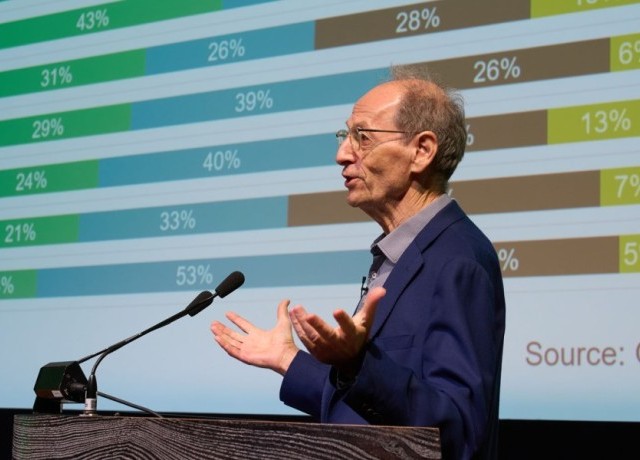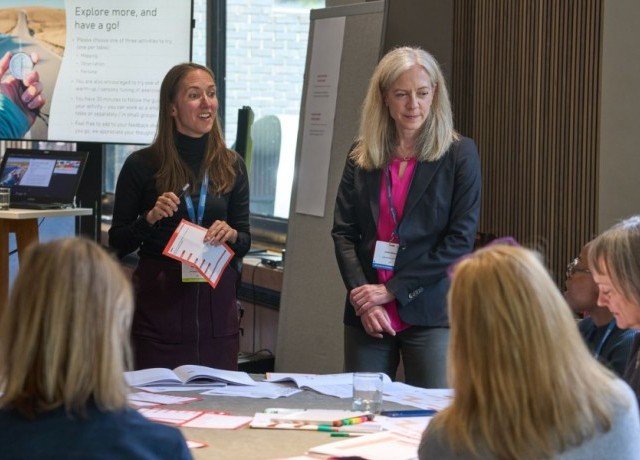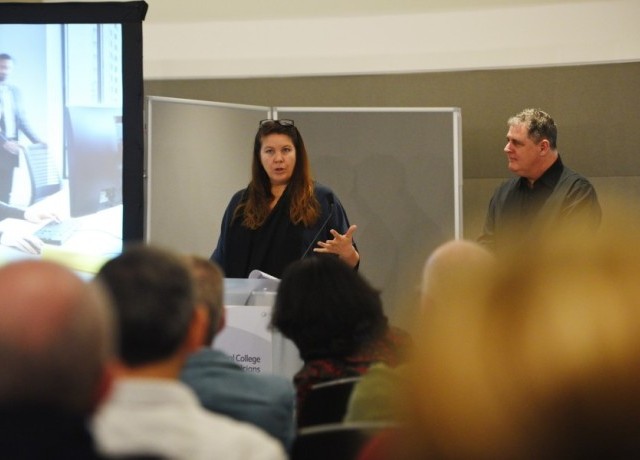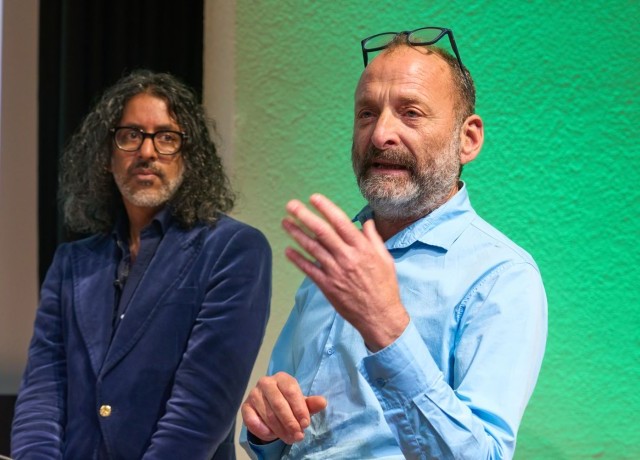
Keynote summary: Health equity in the health ecosystem
Health is a social responsibility that impacts not only on individuals but on the whole of society.
In the opening keynote address to the European Healthcare Design Congress 2025, Professor Sir Michael Marmot, Director of the UCL Institute of Health Equity, challenged delegates with figures showing the impact of social injustice on health.
“I am concerned with the conditions that make people sick,” he said. “Health equity is about the unjust distribution of health.”
Marmot explained how, until 2010, life expectancy in the UK had been steadily improving. But in 2010 it began to level out and in the years since then, it has not improved and inequalities have increased – areas that on average had the shortest life expectancies in fact experienced the largest funding cuts during the period. This situation was magnified during the pandemic.
If health is not improving, society is not improving. If health is declining, society is declining, Marmot stated.
Destitution and health
According to the Joseph Rowntree Foundation report ‘Destitution in the UK 2023’, the number of people experiencing destitution in the UK increased 148 per cent from 2017 to 2022.
In addition, the Institute for Health Equity’s 2024 report ‘Health Inequalities, Lives Cut Short’ highlighted the link between deprivation and the number of excess deaths. Even pre-pandemic, the more deprived the area, the greater the number of excess deaths.
“Social injustice is killing people on a grand scale,” Marmot emphasised.
This was not helped by the post-Brexit instability in UK government. Between the 2016 referendum and 2023, there were six prime ministers and seven health ministers, which Marmot said, contributed both to poor governance and to ill-preparedness for Covid.
The ability to move out of deprivation has also been limited, with the UK ranking just below the OECD average for social mobility. “Social mobility is determined both by income and investment in early childhood [and] we don’t invest in our children,” he suggested. “The UK is not a good place to be born.”
Marmot places
However, all is not lost. More and more cities and local authorities are becoming ‘Marmot places’, pledging to take actions to improve health equity in their areas, including the ‘Marmot Eight’ principles, which are:
- Give every child the best start in life.
- Enable all children, young people and adults to maximise their capabilities and have control over their lives.
- Create fair employment and good work for all.
- Ensure a healthy standard of living for all.
- Create and develop healthy and sustainable places and communities.
- Strengthen the role and impact of ill health prevention.
- Tackle racism, discrimination and their outcomes.
- Pursue environmental sustainability and health equity together.
More than 50 local authorities so far have signed up to become Marmot places, while the East London NHS Foundation Trust began working in 2022 to become the first NHS ‘Marmot Trust’.
Marmot suggests that what the UK needs to adopt is a policy of ‘proportionate universalism’ – a combination of the UK’s current policy of focusing assistance according to proportionate need and the Nordic policy of universalism.
On a global scale, in 2016 the Institute for Health Equity produced the report ‘Doctors for Health Equity’ for the World Medical Association (WMA). The report outlines ways that doctors, national health associations and the WMA can ‘act on the social determinants of health and improve health equity’. Marmot is also a member of the Global Council on Inequality, AIDS and Pandemics.
I’m hopeful that working in a spirit of social justice and marshalling the evidence, we will create a fairer society, Marmot concluded.
To watch the full talk, click here.
Event news
Actions to improve urban renewal and health equity
2nd September 2024
A vision for Liverpool: Putting people’s health first
2nd September 2024
Investing in urban renewal and health equity
21st March 2024
Health equity: Marmot Cities
20th March 2024















